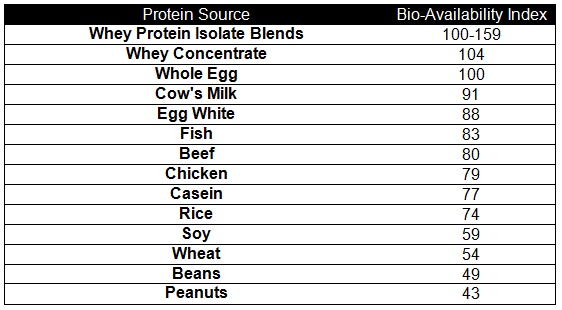NutNut
MuscleHead
- Jul 25, 2011
- 865
- 172
Could someone be more clear as to what they mean when they say fats are needed for digestion? Fats themselves need to be digested to be used just as all macros do, I would say as I have that fats are needed in many metabolic functions, they are used to synthesize hormones, they are part of the cell membrane, they are essential for storage and absorption of some vitamins etc...but I need some clarity on what you mean when you state that fat is needed for digestion.
FIST your body never uses one energy source exclusively even if glycogen stores are full during activity it won't just use those stores, it will mainly use them but will also other sources at the same time like protein from muscle breakdown. People rarely realize that the body never uses one energy substrate exclusively the key is that the availability of each and the energy resulting from each will impact the amount of each used, with none being 100%. I'm not sure that the body would turn to a high rate of muscle catabolism if you provided enough carbs but too little fat will impact hormone production and produce vitamin deficiencies which will then cause serious health problems. You would also have bile production issues but I'm missing the digestion link.
We could go to further extremes if you don't have a decent level of EFA intake but they are extremes which are beyond the scope of this thread.
FIST your body never uses one energy source exclusively even if glycogen stores are full during activity it won't just use those stores, it will mainly use them but will also other sources at the same time like protein from muscle breakdown. People rarely realize that the body never uses one energy substrate exclusively the key is that the availability of each and the energy resulting from each will impact the amount of each used, with none being 100%. I'm not sure that the body would turn to a high rate of muscle catabolism if you provided enough carbs but too little fat will impact hormone production and produce vitamin deficiencies which will then cause serious health problems. You would also have bile production issues but I'm missing the digestion link.
We could go to further extremes if you don't have a decent level of EFA intake but they are extremes which are beyond the scope of this thread.

